02 Nov Can a social worker enter my home alone or call the police and together enter it without a warrant?
Contrary to popular belief, the answer is absolutely. The 4th Amendment says we have a right “to be secure in their persons, houses, papers and effects, against unreasonable searches and seizures” and “no warrants shall issue, but upon probable cause, supported by oath or affirmation, and particularly describing the place to be searched and the persons or things to be seized.” Only criminal courts have a high enough standard of evidence to cause unlawfully obtained evidence (without a warrant) to become inadmissible. The theory is that police need to obtain a warrant before they can search your home. In practice, police rarely obtain warrants from judges in non-criminal matters because there are so many exceptions. Police can search automobiles without warrants, detain people on the street, provide emergency assistance to people inside of a home, or prevent the escape of a suspect. Police can enter your home without a warrant to prevent you from doing something to frustrate legitimate law enforcement efforts, like destroying relevant evidence. They can enter your home to prevent physical harm to officers in your home or physical harm to others in your home. We are not lawyers and none of this is legal advice (NALNLA) but if a California officer forcibly enters your home, step aside or you might end up arrested and then your children have a higher chance of being taken into custody as well (the other type of custody rather than taken to jail in custody). Hopefully you will be able to address any abuse of authority later. Remember to tell the police, again and again, that you will be glad to cooperate and allow them to enter your home if they possess a warrant or court order signed by a judge.
The family and juvenile dependency courts are starting to move cases that would otherwise be heard in criminal court into family and juvenile dependency courts because the standard of evidence is so much lower in family and juvenile dependency courts than it is in criminal court. It is so much easier to find you guilty in a family or juvenile dependency court and then the taxpayers don’t need to pay for you to go jail. There are so many divorces now that this has become a huge source of savings for California. Additionally, California isn’t required to appoint an attorney for you in family court like it is required to do in criminal court. Finally, the burden of proof is taken away from the State of California and it is placed on you to prove your innocence in front of the judge in family court unless you live in Texas (where you have jury trial rights). Not a single California parent has ever been “granted” a jury trial in California in these courtrooms ever after paying the $150 court fee. The true victims of the family and juvenile dependency courts are not the parents who have lost their rights, but the children who have lost their loving fit parents through these court systems, #PreventUGI (unwarranted governmental interference).
You don’t need to allow a social worker into your home if he/she is not accompanied by a police officer. Let the social worker know that you feel more comfortable with a police officer present if he/she starts threatening you or tries to force their way in. You need to decide whether or not to call the police if a social worker tries to enter your house without your permission. I am not a lawyer and this is not legal advice (NALNLA). Keep in mind, that the low low standard of evidence, used by California’s family and juvenile dependency courts, allows in almost all sorts of evidence. Even evidence that you resisted having your house searched by a social worker who most likely see your judge often and has a relationship with him/her. The evidence social workers obtain from entering your home with a police officer, can, and most likely will, be used against you. Your best bet is to quickly call a neighbor or friend to come and be your witness. I have always tried to teach my children, when they were minors, to remain silent and call me. It is much harder to fabricate words when none were spoken and it also helps to keeps these silent witnesses (neighbors, friends, family members) out of court if they just watch and listen.
In front of the police or your own witness, ask the social worker the exact nature of the complaint against you, the actual state statute number, or local ordinance code that you have allegedly violated. If the social worker is acting under an anonymous tip, tell the police office that this is insufficient evidence to enter your house without a warrant. Let both of them know that because they don’t have sufficient evidence, neither one can enter your home without a warrant. Ask the social worker for their name and business card and the police officer for his/her badge number and write everything down. Lock the door and get a pen and paper if you need to. Record everything, in any way you can, about what is happening. The low standard of evidence used in California family and juvenile dependency courts, means that ANY evidence obtained can and most likely will be admissible and used against you.
Don’t assume that a search is always unacceptable, because the government can’t possibly have a suspicion that you have done something wrong. Government personnel screen people getting on airplanes. They gather bulk data, biometric information, and use other advance technology to collect data on you without probable cause. Is this an assumption that everyone has done something wrong??? Is this unwarranted governmental interference, UGI, or a necessity? #PreventUGI.


